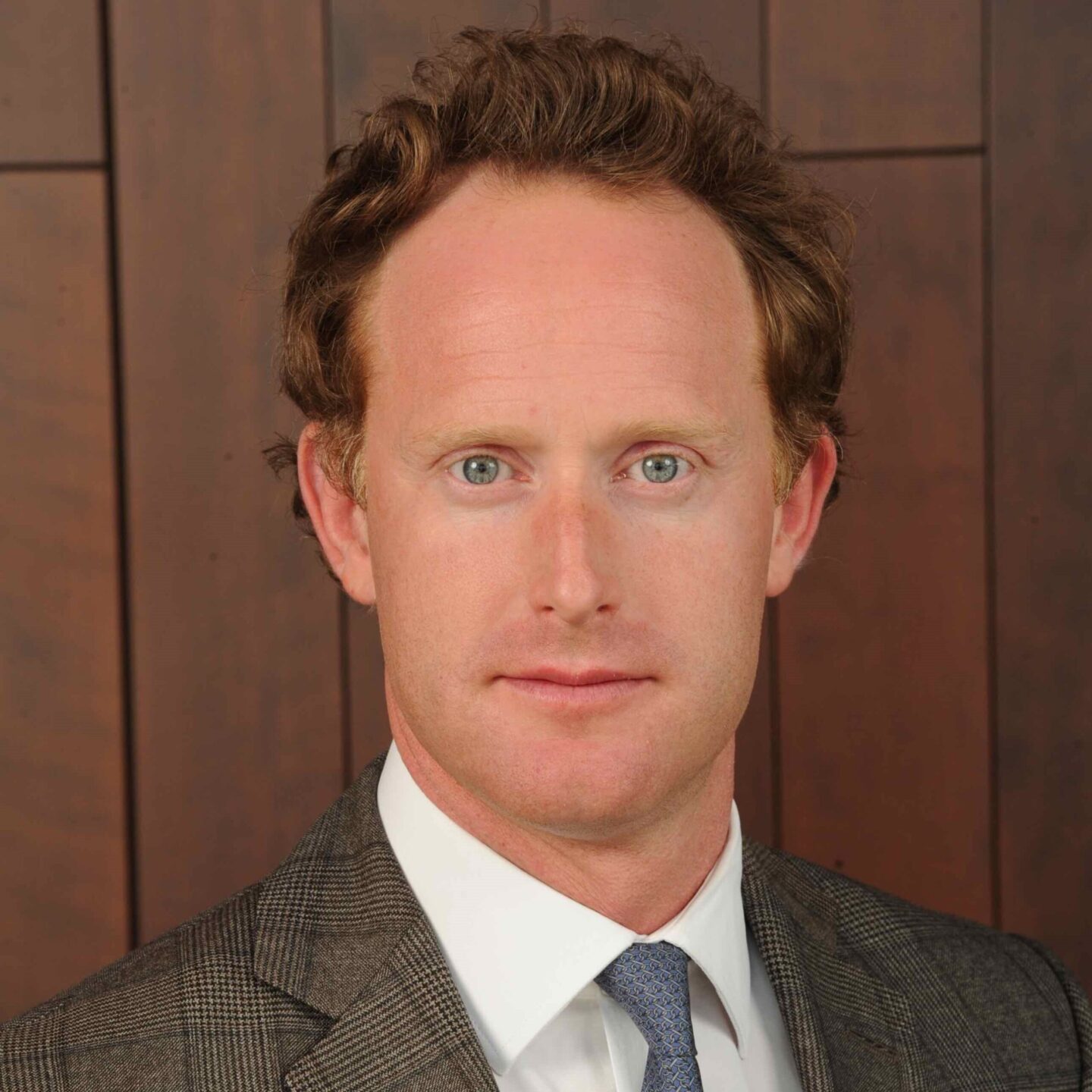
In the latest in our series, Portfolio Adviser hears from BlackRock head of UK iShares & wealth sales Nick Hutton (pictured right)
Which asset classes and strategies do you anticipate intermediary clients focusing on over the rest of the year and into 2022?
There is a clear and sustained demand for ESG products and, within that, we have seen growing appetite for sustainable thematic products as clients seek investments with a tangible impact in areas they feel passionate about. We also anticipate investors will start to look at UK equities again, given favourable valuations versus other developed countries (in particular the US), the ongoing recovery of the UK’s economy, the UK’s high vaccination rate, and recent M&A activity showing the UK’s appeal to large international investors.
Should end-investors – and, by association, asset managers – be thinking beyond equity and bond investments? Towards what?
Investors can access an increasingly sophisticated range of strategies – thanks to product development innovation in recent years and improved analytical data to understand the true drivers of returns within portfolios. This means there is a greater breadth and depth of products available than traditional equity and bond investments, including approaches such as factor investing, thematics and alternatives. This proliferation of investment tools and data has afforded clients a superior understanding of investment risk and return. As a result, we are seeing a greater number of clients adopt a whole-portfolio approach to investing.
“The proliferation of investment tools and data has afforded clients a superior understanding of investment risk and return”
Given client and regulatory pressure on charges, how is your business delivering value for money to intermediaries and end-clients?
We seek to ensure the investment objectives, performance and associated fees of our funds remain relevant and competitive. Our 2021 Assessment of Value Report found the very large majority of those funds (97% of assets under management within UK authorised funds) deliver value. Additionally, 76% of unit classes in our UK authorised funds are priced at median level or cheaper than their peers.
During the one-year period ending 30 June 2021, we passed on savings of £1.3m to investors via expense caps across 34 funds. Nevertheless, we know we have a great responsibility to the wide range of clients who trust us with their investments and that includes continually looking for ways to deliver value to them.
How much of your distribution is currently oriented towards ESG issues and sustainable investing? How do you see this evolving?
Sustainable investing now forms a central part of the conversation with every type of client we have. Access to data is vital in order to understand the return potential and risk of underlying investments, and the amount of information that is becoming available to refine ESG strategies is constantly developing. With that and growing awareness among investors about the impact their money has on the world around them, the role sustainable investing approaches play within an overall portfolio will only continue to grow as well.
“Looking back, it is incredible to think how much the sector did to adapt to the challenging circumstances that arose last year”
In what ways do you think the experience of lockdown has permanently affected or changed the asset management sector?
Looking back, it is incredible to think how much the sector did to adapt to the challenging circumstances that arose last year. I am proud to be a part of a business and industry that proved both resilient and reliable, by continuing to prioritise our fiduciary duty towards clients while embracing new ways of working. Thanks to the increased use of digital technology accelerated by the pandemic, engagement with our clients has never been higher and this is a welcome development.
How do you plan to balance face-to-face and virtual distribution? Have you identified aspects where one is especially better (or worse) than the other?
Our team craves face-to-face interaction with each other and clients. Covid has also taught us lessons about how we can operate more efficiently to the benefit of our clients, however, – namely, that firms can scale their distribution and provide key market and portfolio updates via digital channels.
Our annual Investor Conference now attracts 1,000 participants, whereas previously we would have 200 attendees when we held the event in person. Using virtual platforms allows us to draw on a greater range of thought leaders as speakers at our events, which helps to keep us at the forefront of developments in the industry.
Did you manage a staycation or to get abroad this summer? Whereabouts and how was it?
I managed to get a break in Cornwall, which is a stunning part of the UK. My in-laws live there, so I feel lucky to have been going and enjoying it for some time – before it became immensely popular this summer. I am also grateful I managed to avoid the insanely long traffic jams to get there!
What aspects of your own lockdown routine do you expect to continue with as people migrate back to office-working?
I have been at BlackRock for 17 years and had never spent a day working from home until the first lockdown. Being at home more has reminded me about the importance of maintaining a good work life balance. Taking my kids to school and spending more time helping them with their homework may have become a necessity last year, but it is also something I have continued to enjoy doing since returning to the office more regularly.
More generally, what are you expecting from ‘the new normal’?
‘The new normal’ will mean a continued ‘hybrid’ approach to how we work. We recognise that a blend of face-to-face interactions and using digital technology to achieve scale is the most efficient way of working with our clients.










